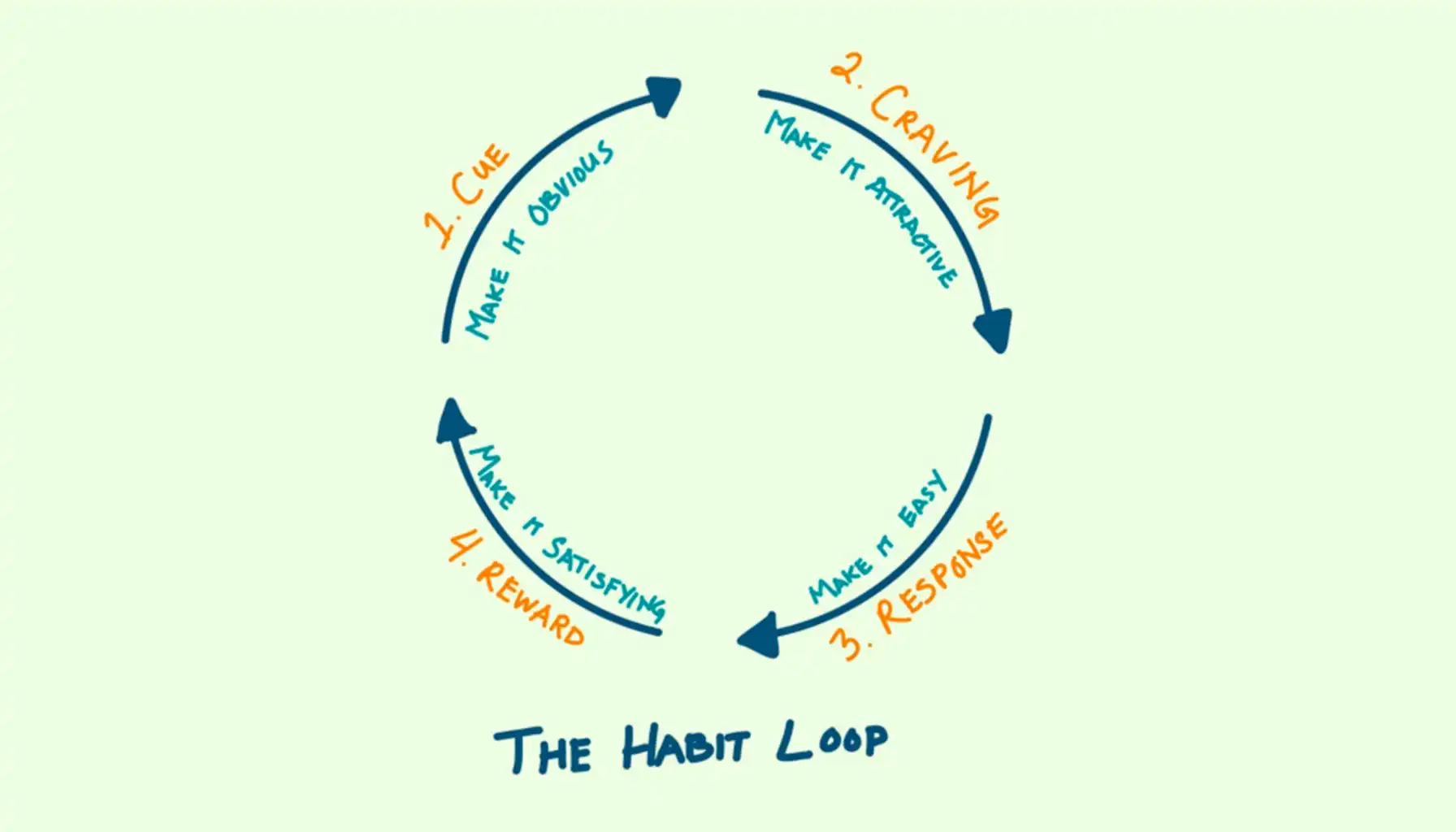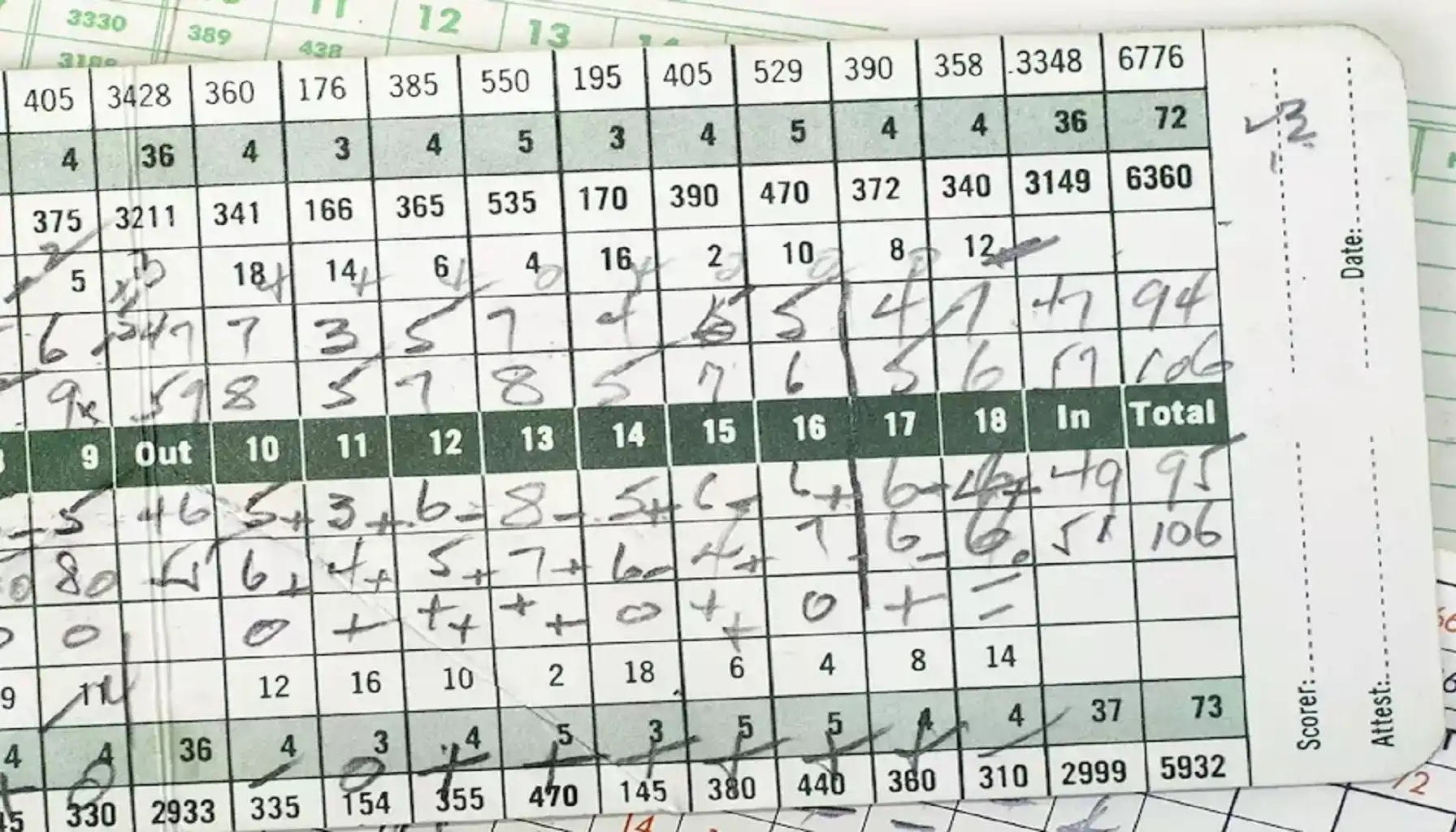The Psychology of Habit Formation: How to Build Good Habits

Contents:
Nose scratching, overeating, nail biting, leg shaking habit psychology form suddenly, but they stay with you. Sometimes for the whole life. Imagine how great it could be if you had good habits instead? It’s possible!
This article will help you understand habit formation theory and how to get the good ones. We’ll use psychology and neuroscience to recommend the best techniques.
Do you want to know about one great habit? Brain workout! You train your brain and become smarter in the process.
How Do People Form Habits
Habit definition psychology is easy. Psychology says that a habit is an automatic behavior we acquire due to repetition. Habits occur subconsciously, i.e., we’re doing them often without even realizing it.
Scientists made a habit formation model that shows how our rare actions become everyday activities. What are the 4 stages of habit formation?

Stage One: Cue
Cue is the trigger that starts the habit. It’s something in your environment or routine that signals your brain to begin a behavior. Cues can be anything, like waking up, seeing your phone, feeling stressed, or walking into the kitchen.
For example, waking up in the morning might cue you to brush your teeth. A clock hitting 1 PM might signal that it’s time for a lunch break. Or being together with friends might be a cue for you to drink alcohol.
What role do cues play in habit formation? A vital one. Cues start a routine, though seamlessly.
Stage Two: Craving
After the cue, you experience a craving or motivation. This isn’t always about the action itself, but the reward or feeling that comes after.
For example, you get a morning clue that it’s time to brush your teeth. Then you immediately get a craving. You don’t crave brushing your teeth. Instead, you crave a clean, fresh feeling. When you’re with friends and you have a drinking problem, you’re craving drinking with them more than meeting.
Cravings are what give habits their emotional pull.
Stage Three: Response
Response is the actual habit, the behavior, or action you perform. You get a cue that you need to do something, and then you want to do something about it. Doing it is a response.
If the response is too difficult, you probably won’t do it. That’s why studying or running in the morning is rarely a routine for people. But if it’s easy or accessible, you will. For instance, brushing your teeth is a simple, automatic response to your morning routine.
Stage Four: Reward
This is the benefit or positive outcome you get from the behavior. It satisfies the craving and reinforces the routine in your brain. When something feels good or relieving, your brain makes a note to repeat it next time.
All in all, habits form when this cycle — cue → craving → response → reward. After a few cycles, the action becomes a routine. This “how to form a habit psychology” claims that the brain starts to link the cue with the reward, so you start doing the action regularly.
How to Build Good Habits and Break Bad Ones
Habit formation psychology helped us understand how we acquire habits. Now it’s time to learn how to control this process! Imagine if you consciously wanted to do brain training or sports every day.
Let’s build good habits and try to get rid of the bad ones.

1. Start Small
Begin with tiny, manageable actions. For example, instead of committing to an hour-long workout every day, start with five minutes of stretching after you wake up. Small wins build momentum and confidence.
2. Use Triggers
Attach your desired routine to an existing one. This method is known as habit stacking.
For example, if you’re routinely checking emails (routine 1, work), try now to keep a bottle of water next to you and drink while working (routine 2, water).
3. Be Consistent
Doing the action in the same context each day (same time or place) helps reinforce it and makes it feel automatic over time. Our brain likes predictability, so a schedule would help make an action recurrent.
4. Track Your Progress
Use a habit tracker, whether an app, journal, or calendar, to visually see your streak. Tracking adds a sense of accomplishment and accountability.

5. Make It Easy
Habit formation and behavior change are hard. Why not make it easier? Lay out your workout clothes the night before or prepare healthy meals in advance. Remove any obstacles that might make the habit harder to start.
6. Set Clear, Specific Goals
Be concrete. Instead of telling yourself, “I want to improve short-term memory,” say, “I’ll match 30 flashcards for memory today.” Specific actions are easier to follow.
7. Use Positive Reinforcement
Reward yourself after completing the habit. This could be a small treat, a moment of acknowledgment, or anything that feels good and helps build the association. If you’re on a diet, reward yourself with a karaoke night or a trip.
8. Design Your Environment
Set up your surroundings to support your habit. For example, if you want to read more, leave a book on your pillow. If you want to drink more water, keep a bottle nearby.
9. Get Support or Accountability
Share your goal with a friend, join a group, or use a habit buddy. Being accountable to someone increases the likelihood you’ll stick with a good routine and break the bad one.
10. Be Kind to Yourself
Mistakes and off days are normal, even mandatory. The key is to avoid letting one missed day turn into a pattern. Intrapersonal intelligence teaches you to know your limits, so don’t break yourself.
Remember one thing: breaking routine is so hard, and you’re a hero for trying. Essential healthy habit formation is good for you and is worth fighting for.

How Long Does It Take to Form a Habit Psychology
It takes about 2 months to fully develop a habit or get rid of it. To be more precise, 66 days.
There was a study in 2010, in which 96 people tried to form a daily eating/drinking/exercising habit. It’s now known as the “Habit formation 66 days study”, because generally people need 66 days.
Behavioral psychology how to stop a negative habit is similar. You’d need about 66 days to break your old routine.
Mind Elevate
Here’s one good routine you can build, and this one will be easy. Mind Elevate can train your brain in a gamified form.
There are 35+ games categorized as:
Brain-training games
Memory games
Music games
Logic games
Attention games
Just like our routine-breaking recommendations were backed by science, Mind Elevate was made with the help of scientists.
If you want to play games that can improve your memory, attention, etc., you can download Mind Elevate for free on iOS/Android.
FAQ
How to Build Good Study Habits?
Start with a specific purpose for each study session, like “I’ll do 10 Math exercises” or “Learn 20 words from the Vocabulary”. Your workstation should be organized for focus and convenience. Most importantly, study consistently. 15 minutes every day is better than 2 hours one day a week.
Is It Harder to Build Habits with ADHD?
Yes, there’s a connection between ADHD and habit formation. People with ADHD often struggle with interest-based motivation. If a task isn’t immediately stimulating or rewarding, it’s hard to start or stick with it. Remember that ADHD doesn’t determine who you are. There are many famous & successful people with ADHD who built great routines.





